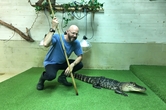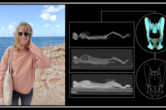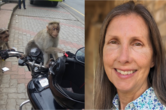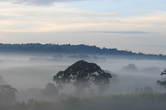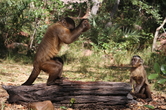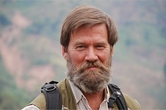The PrimateCast #56: Talking applied wildlife veterinary medicine at IPS 2016 with Dr. Chris Whittier
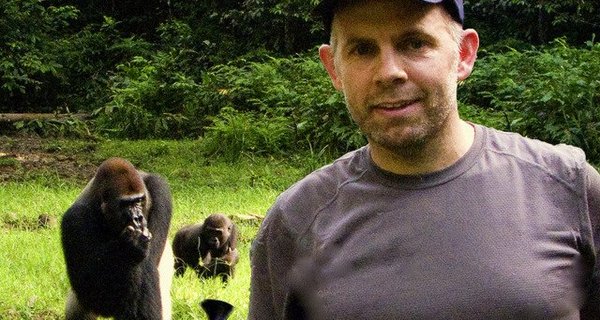
The PrimateCast rolled out its mobile podcasting unit to cover the joint meetings of the International Primatological Society and American Society for Primatologists held between August 21-27, 2016. Last year's congress was hosted by the Lester E. Fisher Center for the Study and Conservation of Apes of Lincoln Park Zoo, and the conference was held at Navy Pier in Chicago, USA.
The PrimateCast On Location at IPS 2016 with Dr. Chris Whittier
I was really excited to be able to chat with Dr. Chris Whittier at last year's IPS in Chicago. Chris and I met a few years earlier while bunking together at a symposium held by some colleagues in the Czech Republic, so it was good to sit down and catch up! Chris is a wildlife veterinarian with a PhD in population medicine, and is currently working in the Cummings School of Veterinary Medicine at Tufts University, where he also directs a Master's program in conservation medicine. Chris was at IPS presenting his work on applied wildlife veterinary medicine in a symposium titled "Advances in health research at the interface of humans and nonhuman primates", chaired by Dr. Dominic Travis.
In the interview, we discuss his experience working literally to save the lives of African great apes through Gorilla Doctors, previously the Mountain Gorilla Veterinary Project. We get into the sticky issues of wildlife health interventions, sometimes lumped into the category of 'extreme conservation', and discuss the importance of health surveillance and, if necessary, intervention in wildlife conservation. Visit his academic page here for more information on his expanding activities in wildlife health and conservation.
We'd like to sincerely thank Dr. Chris Whittier for joining us on this episode, as well as all of our guests on this series of podcasts from our coverage of the 26th Congress of the International Primatological Society and 39th Congress of the American Society of Primatologists. We look forward to Nairobi 2018. Be sure to check out our other podcasts featuring interviews with leading scientists in primatology and beyond.
Join us and all our friends at IPS/ASP on The PrimateCast, and visit our official webpage @ theprimatecast.com to find loads of content from primatologists and conservationists around the world. You can also visit (and Like/Follow) us on Facebook and Twitter and leave comments and feedback on this or any other podcast in the series. You can also follow our RSS feed, or subscribe to the podcast on iTunes to keep up with the latest content.
Photo Credit: Chris Whittier / Gorilla Doctors
